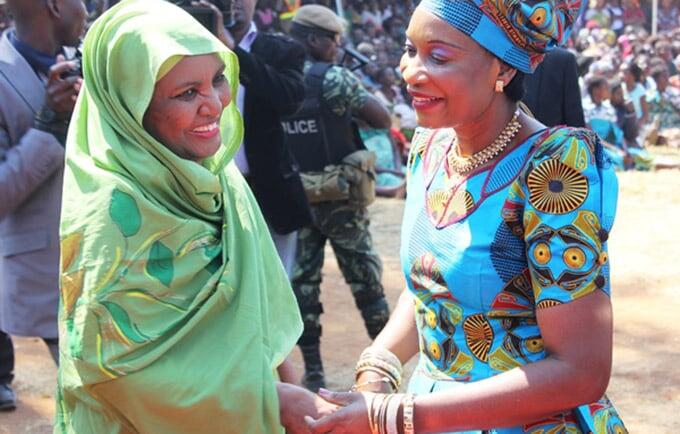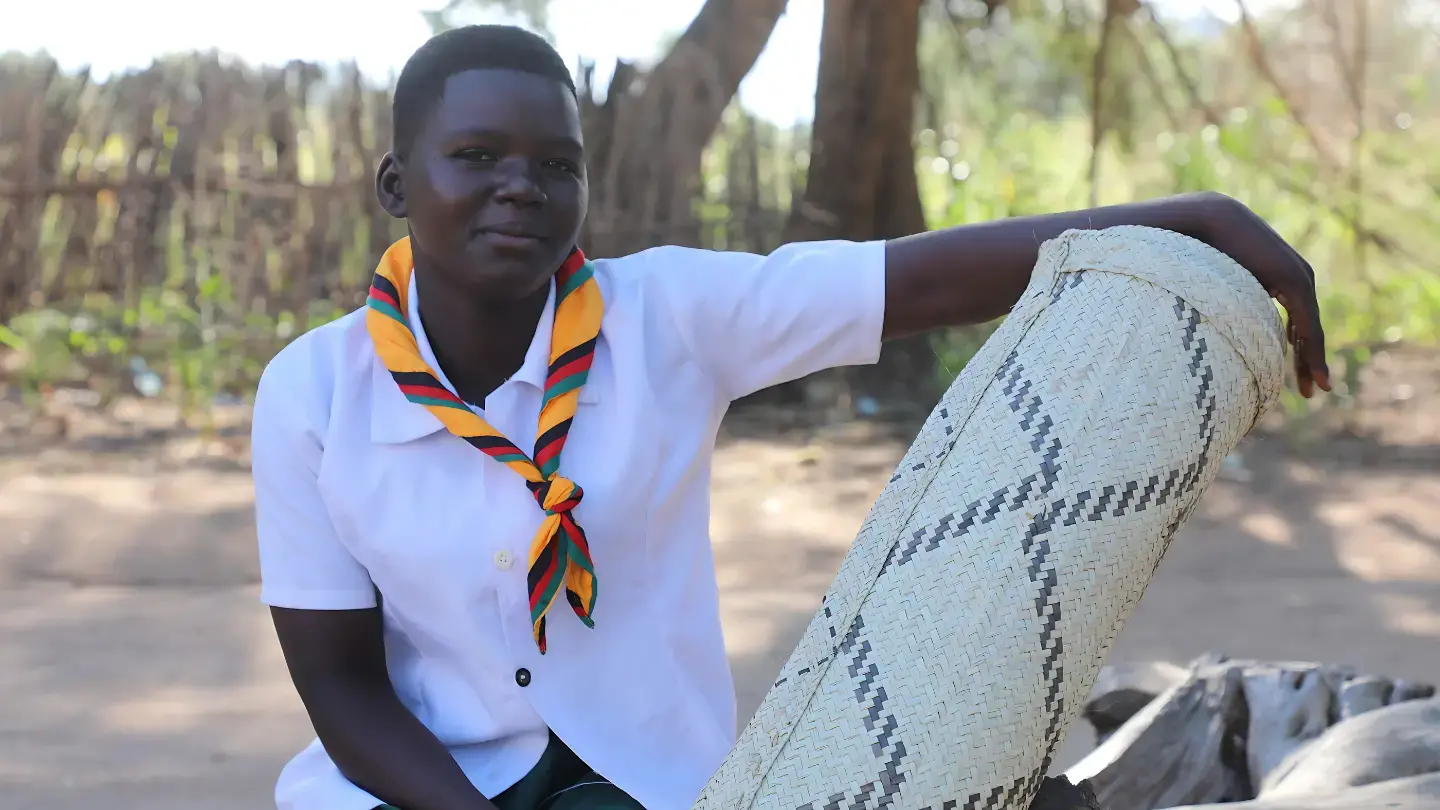Lilongwe - Malawi successfully hosted the 5th and final regional project steering committee of the United Nations Aids (UNAIDS) and United Nations for Population Agency (UNFPA) joint initiative on Linking Sexual Reproductive Health Rights and HIV (SRHR-HIV) in Southern Africa from 7th to 9th September in Lilongwe. The Minister of Health officially opened the meeting attended by the UNAIDS Deputy Regional Director as well as the UN Resident coordinator for Malawi, Mia Seppo. "The importance of this regional meeting is so significant that it makes all of us feel proud as we get to the realities of providing sexual and reproductive health and HIV services using the evidence generated by this project from the seven countries that are present here today" said Minister of Health Peter Kumpalume during the official opening. He further said in all the countries, there have been lessons learnt and good practices documented that will further influence the scaling up of SRHR-HIV integration to other areas within the respective country's zones
In her remarks UNFPA Country Representative, Violet Kakyomya speaking on behalf of the UNFPA Regional Director for East and Southern Africa Region, said the project aimed at addressing barriers linking to sexual reproductive health and HIV so as to effectively and efficiently increase access to and use of critical HIV and SRH services. "This project has demonstrated great partnerships with strong leadership from respective Governments through the Ministries of Health, among UN agencies and civil society partners that have been our strong allies throughout. We have made tremendous achievements through country led efforts some of which include integration approaches that have been adopted in respective countries' health and development plans, policies and strategies and piloting of innovative service models that suggest improved service uptake among others " she said.
The meeting was attended by participants from Botswana, Namibia, Lesotho, Malawi, Swaziland, Zambia and Zimbabwe. Other partners such as IPPF and donors like European Union and Norad were also represented. The participants started the meeting with a field visit in two groups. One group went to Family Planning Association of Malawi clinic at Kawale township in Lilongwe where they interacted with service providers as well as members of the Nzotheka youth group. The other group visited Ntakataka health facility to appreciate the SRH/HIV integration at facility level.
Lilongwe - Malawi has launched the Stop Cervical Cancer campaign with an aim of increasing access to screening services to women aged 21 years and above and beyond the district hospital. The launch of the event was conducted at Ntcheu District hospital on 11th August led by the First Lady of the Republic of Malawi, Mrs. Gertrude Mutharika. The First Lady who is also the vice president of the Organization of the African First Ladies Against HIV/Aids, OAFLA, encouraged women who are over the age of twenty one to undergo cervical cancer screening every three years and those that are HIV to undergo screening every two years. "Malawi has a huge burden of cervical cancer; It is sad to see women die leaving children as orphans and eventually families suffering; Let us take the opportunity of cervical cancer screening to make our lives better and take care of our families" she said.
In her remarks, Dr. Rogaia Abdelrahim, Deputy Representative of UNFPA who delivered the message in the local language (Chichewa), encouraged the Government to invest more in providing cervical cancer screening services to women beyond the district hospitals. "We urge Government to ensure that all women that are aged over 21 years should be screened for cervical cancer every three years. It is also recommended that women that are HIV positive should be screened for cervical cancer every two years. We find hope in knowing that the earlier cervical cancer is diagnosed the more successfully it can be treated. It is our hope that the efforts the government is making in ensuring Malawi has a cancer management centre materializes, as this will help save the lives of many women who are unable to access such treatment because they cannot afford it at present, she said.
During the event, a cervical cancer survivor, Ms. Agnes Phakameya presented her testimony sending the public into silence when she explained that she was cured from the disease even though she is HIV positive. She further told the audience that she currently enjoys all her sexual and reproductive health rights that every woman enjoys. She finally encouraged women to go for cervical cancers screening.The event has also attended by the wife of the Vice President, Mrs. Mary Chilima, other senior Government official including paramount chiefs and the community surrounding the hospital mostly women.
Ntcheu district has one of the highest HIV prevalence which is a risk factor for cervical cancer in women. Malawi is considered to have the highest cervical cancer burden globally where out of the only 15000 to 20000 women that undergo cervical cancer screening, more than 2,300 women are diagnosed with the disease and over 1,600 die every year. Further estimates show that there are over 4 million women aged 15-49 years that are at risk of cervical cancer in Malawi. The launch of the campaign is one of the major activities that UNFPA and UNAIDS are supporting under the OAFLA program.



